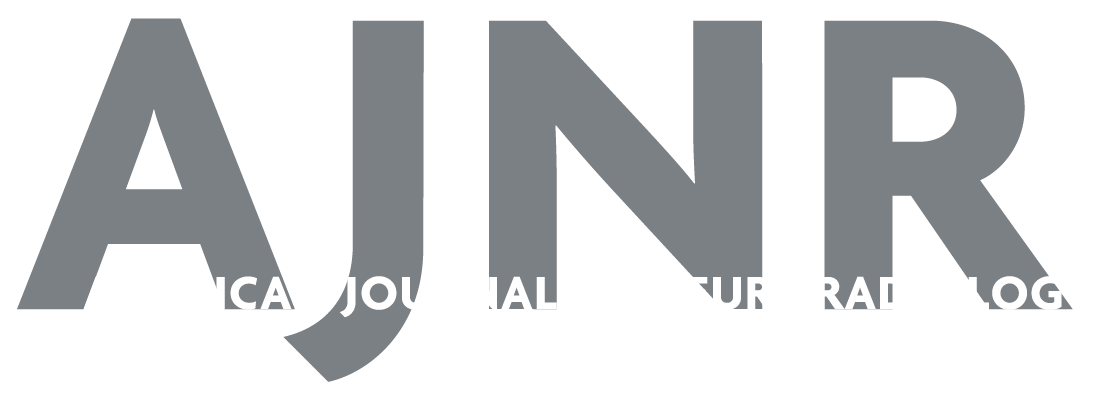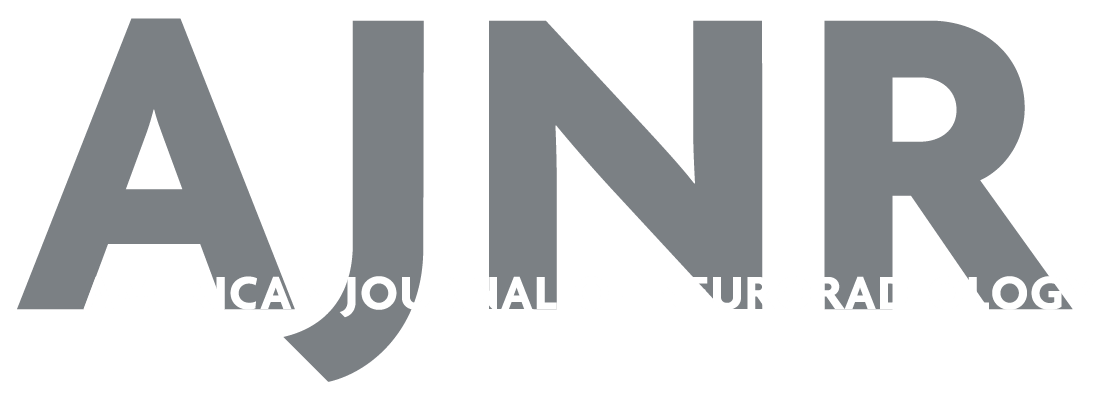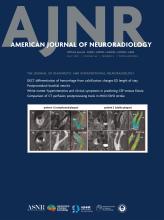Case of the Week
Section Editors: Matylda Machnowska1 and Anvita Pauranik2
1University of Toronto, Toronto, Ontario, Canada
2BC Children's Hospital, University of British Columbia, Vancouver, British Columbia, Canada
Sign up to receive an email alert when a new Case of the Week is posted.
March 19, 2012
Cerebral Hydatidosis
- Parasitic brain infection caused most often by larval form of Echinococcus granulosus.
- Dogs are definitive hosts, sheep or cattle are intermediate hosts, and humans are infected by ingestion of food contaminated with eggs.
- Usually affect liver and lungs. Less than 1% affect the brain, constituting 2% of all intracranial masses.
- Patients with intracranial involvement usually present with signs and symptoms of increased inctracranial pressure.
- Key Diagnostic Features: Unilocular or multilocular (less frequent) cyst, isodense or isointense to CSF without edema, and no enhancement or subtle peripheral enhancement. Most cysts are supratentorial.
- DDx: Neurocysticercosis, abscess, arachnoid cyst, brain tumor
- Rx: Complete surgical resection of the cyst without rupture











